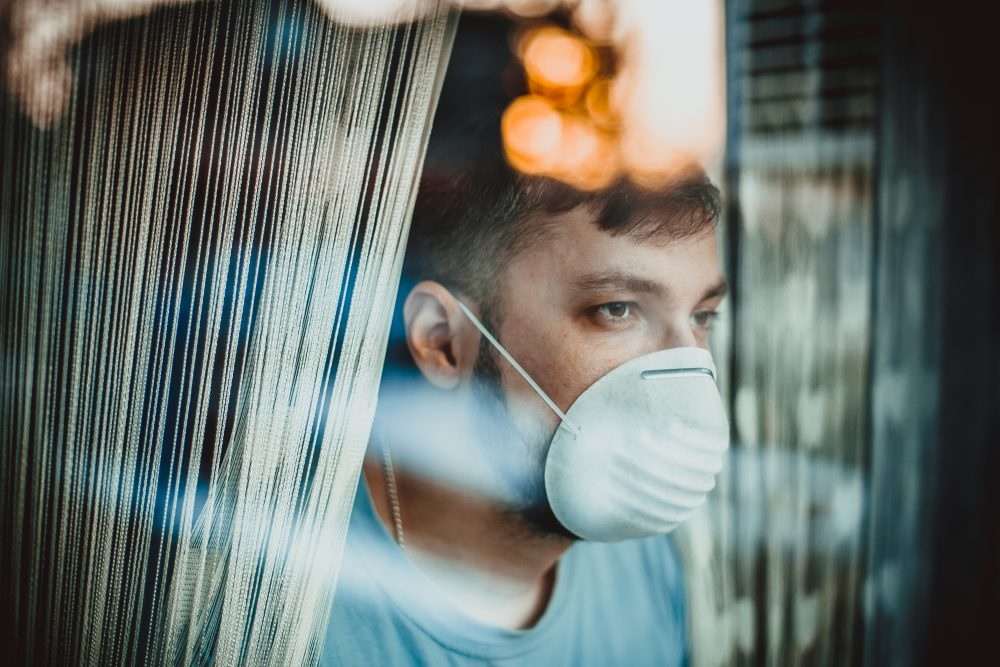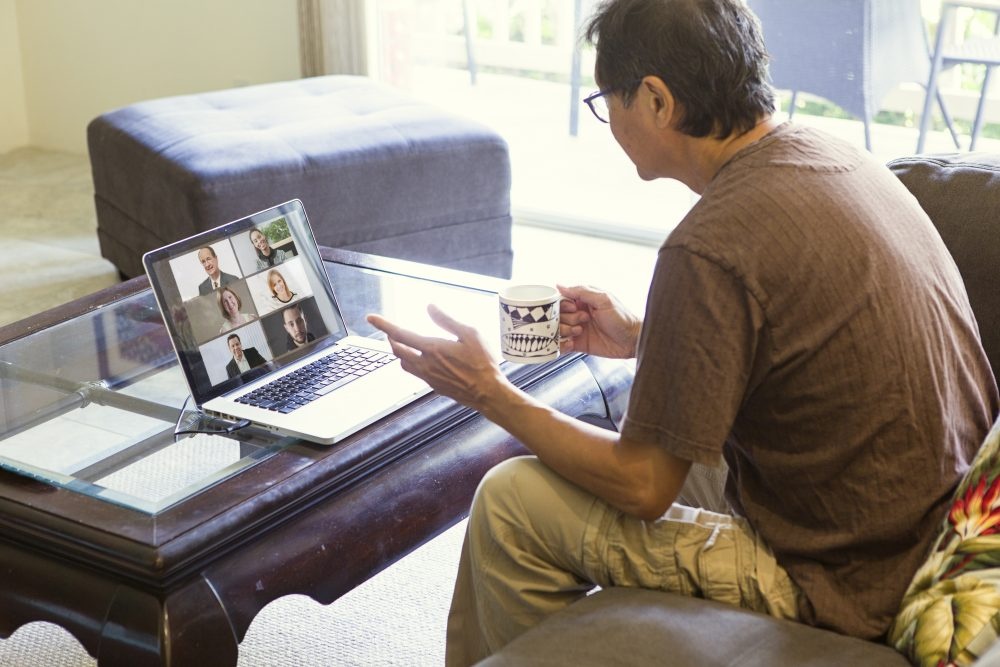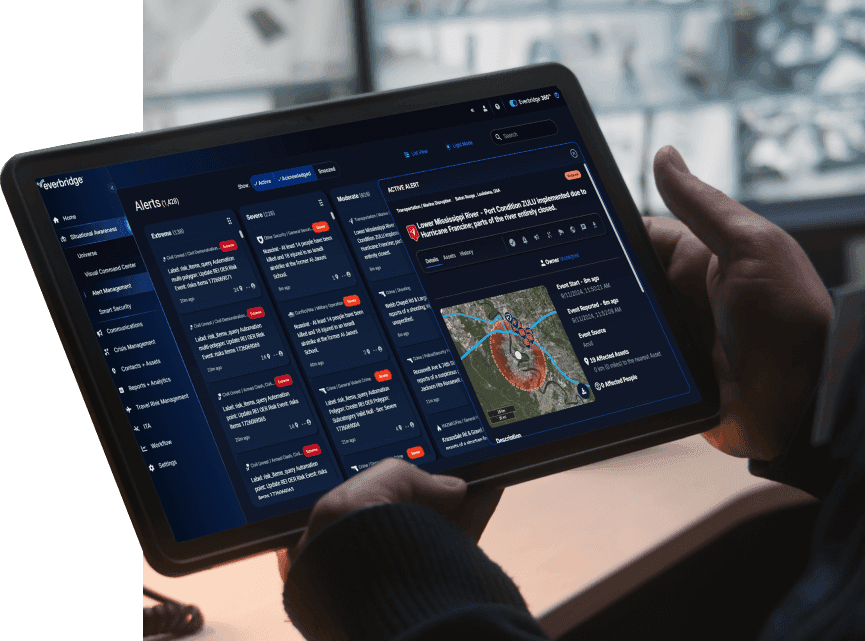Many parents of young children have seen the scenario play out at home: Their children’s initial euphoria at being given a reprieve from the classroom eventually gives way to melancholy as they realize they also can’t play with friends, go on field trips or just hang out at the mall.
The same factors affect office workers who have been stuck at home for months without the camaraderie of the workplace and who may be stuck there for another year or more. Speakers at “Coronavirus: The Road to Recovery,” a virtual symposium presented by Everbridge late last month, told how their organizations are dealing with the psychological impact of isolation as well as rethinking culture changes to accommodate the likelihood that many of their colleagues may never return to the office on a regular basis.
The enemy is more than just isolation, said Dr. Jay C. Butler, Deputy Director for Infectious Diseases at the Centers for Disease Control. “There’s also the stress of the unintended consequences of the economic impact and even some evidence that there’s been some increase in suicidal ideation,” he said. Response strategies need to be about more than just restoring services. “It’s also around leading with empathy and compassion.”

Many organizations have adopted virtual events to encourage employees to put aside work for a little while to connect with each other. At Cytiva (formerly GE Healthcare Life Services), CIO Michael Santiago uses virtual coffee breaks “just to say ‘Hi,’ as if I was stopping by someone’s office,” he said. “We have to remember that the work environment is also a community where we also socialize. Our colleagues have become our friends and family and those human connections are part of what the work environment will be moving forward.”
Cloud content management provider Box set up a wellness portal with fitness challenges on Headspace, a service that provides guided meditation, sleep tips, and advice on stress management.. “We’ve seen people doing online cooking classes, yoga, Peloton meetings, and things like that,” said Global CIO Paul Chapman. “People are settling into sort of the new norm.”
Initial fears that productivity would tank once people were no longer under the watchful gaze of the boss have failed to materialize. A survey conducted by USA Today, LinkedIn, and YouGov in late April found that 54% of respondents said the pandemic has had a positive effect on their productivity compared to just 25% who said the opposite.
That isn’t news to financial software provider Finastra. As the company moved to 10,000 employees to work from home in a single week, initial concerns were “how do we make sure that people are actually really working?” said CIO Russ Soper. “What we found very quickly was the exact opposite was a concern. It was not whether people were working but how to stop them from working 16 or 18 hour days.”
Finastra worked with partner Microsoft to leverage cloud services that track how often employees are being interrupted and how much work they’re doing outside of work hours, “so we can help them strike that balance and automatically schedule focus time,” he said.
Crisis can give birth to innovation, and some of the structures organizations have put in place to help people cope with the virus will have long-term positive impacts. Accenture, “was very quickly overwhelmed with people calling because they have symptoms” or thought they might have been exposed to an infected person, said Arlin Pedrick, Chief Security Officer at the consulting giant. Within a week the firm had set up a “frequently asked questions” list and a call center to deal specifically with inquiries from nervous employees. The company also quickly developed global standards for self-quarantines, contact tracing, and office closures and launched a grassroots social media meme called #MoreTogetherNow where employees swap mental health tips, share parenting advice, and coach each other on remote working.

“I think the relationships that have been developed between marketing and communications are going to serve us well in the long run,” Pedrick said. “It’s been an incredibly positive experience in a very negative situation.”
With up to 20% of the workforce expected to work from home on a long-term basis, organizations are also turning their attention to how to ensure that remote employees don’t come to be seen as second-class citizens. Daniel Biran, head of security at Biogen, told how his company’s research and development chief cautioned colleagues against using the term “going back to work,” saying a better phrase is ”going back to the workplace.” Because although people may be at home, “we’ve never really stopped working,” he said.
Everbridge recently hosted its “Coronavirus: the Road to Recovery” virtual leadership summit, which brought together the best minds across public and private sectors, including C-level speakers from The Centers for Disease Control (CDC), Cleveland Clinic, U.S. Army, Accenture, Biogen, The NBA’s Boston Celtics, a former Food and Drug Administration (FDA) commissioner and more. On-demand content from the event may be found here.

